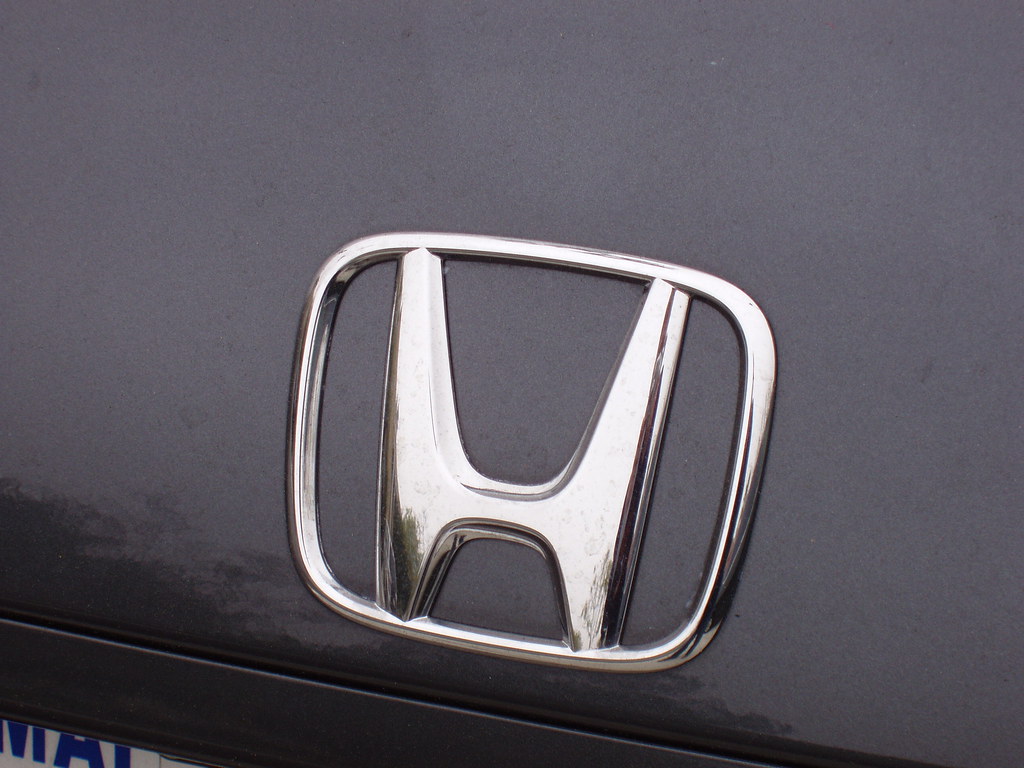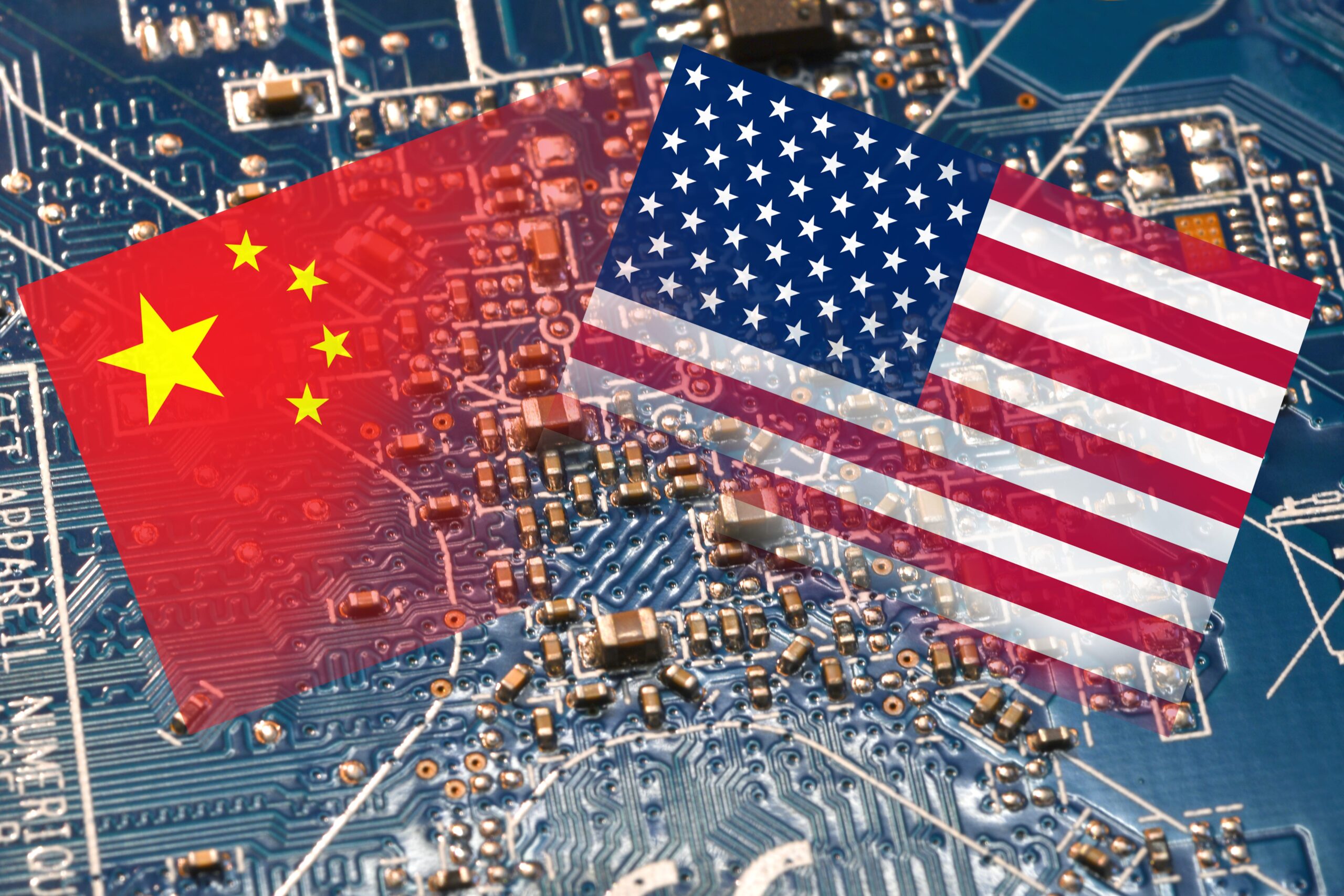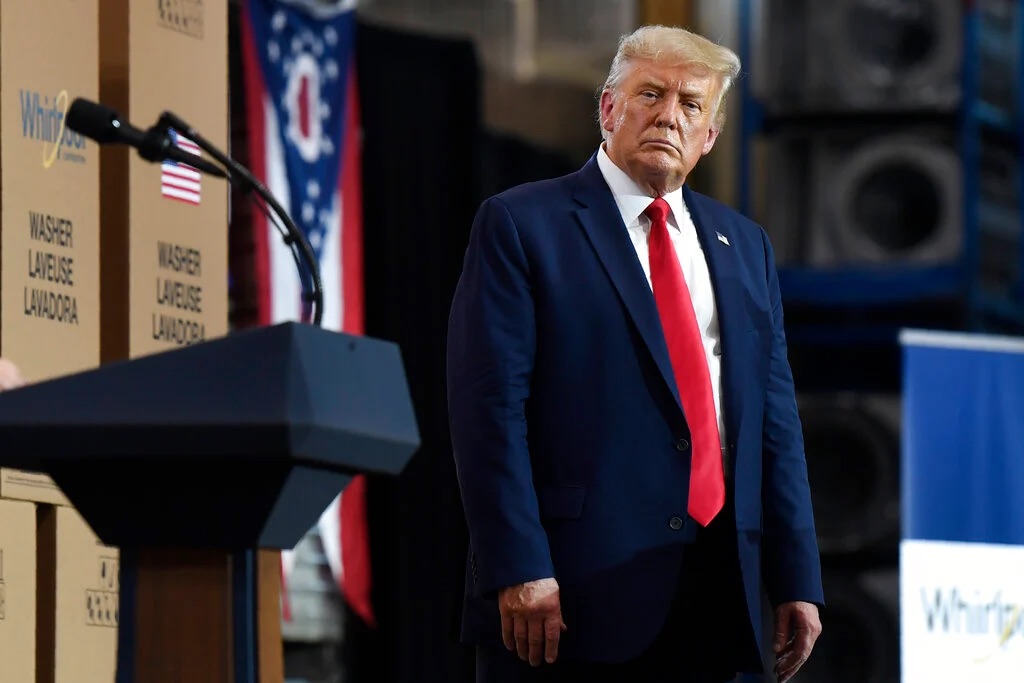ASML, a key player in the global chip supply chain, has provided its first detailed insight into how U.S. export restrictions on advanced chip manufacturing tools will affect its sales in China. The Netherlands-based company revealed in its earnings report, released early due to a technical error, that its projected 2025 net sales will range between 30 billion and 35 billion euros, which is on the lower end of its previous forecast. A crucial part of the semiconductor industry, ASML supplies extreme ultraviolet (EUV) lithography machines to major chipmakers like Nvidia and Taiwan Semiconductor Manufacturing, although China has never had access to its most advanced EUV machines.
ASML’s third-quarter net sales reached 7.5 billion euros, surpassing expectations, but its net bookings of 2.6 billion euros fell short of the 5.6 billion euro consensus estimate. Following this, ASML shares plummeted by as much as 16%, resulting in a market capitalization loss exceeding $50 billion in a single day, according to CNBC’s analysis using LSEG data. While weak bookings from key clients such as Intel and Samsung contributed to this decline, ASML also highlighted the effect of geopolitical tensions on its 2025 outlook, with U.S. export restrictions playing a central role.
ASML’s CFO, Roger Dassen, cited the U.S. export controls as a key factor behind the expected decline in China sales next year. UBS analysts noted that delays in the development of new logic fabrication facilities at Intel and Samsung, alongside the geopolitical climate, are driving the company’s more cautious sales projection. ASML’s China-related sales, which accounted for 29% of the firm’s total revenue last year, are expected to drop to around 20% by 2025, representing a significant year-over-year decline of nearly 48%, as estimated by analysts from Bank of America.
Despite never selling its most advanced EUV machines to China, ASML has seen its customers in the region stockpile its less advanced deep ultraviolet (DUV) lithography systems to maintain chip production capabilities. Sales to China surged during the first three quarters of 2024, with 49% of ASML’s revenue for the period coming from the country. However, a recent move by the Netherlands to expand export restrictions on chip-making equipment, including a potential ban on servicing DUV machines already sold to China, has compounded the challenges.
Chris Miller, an expert on international chip-related affairs, noted that restrictions on DUV machines likely spurred China’s accelerated purchases, but now ASML faces the repercussions of dwindling demand in the country due to these restrictions. Geopolitical expert Abishur Prakash also echoed concerns about ASML’s reliance on China, warning that continued export controls could further stifle demand for its products.










